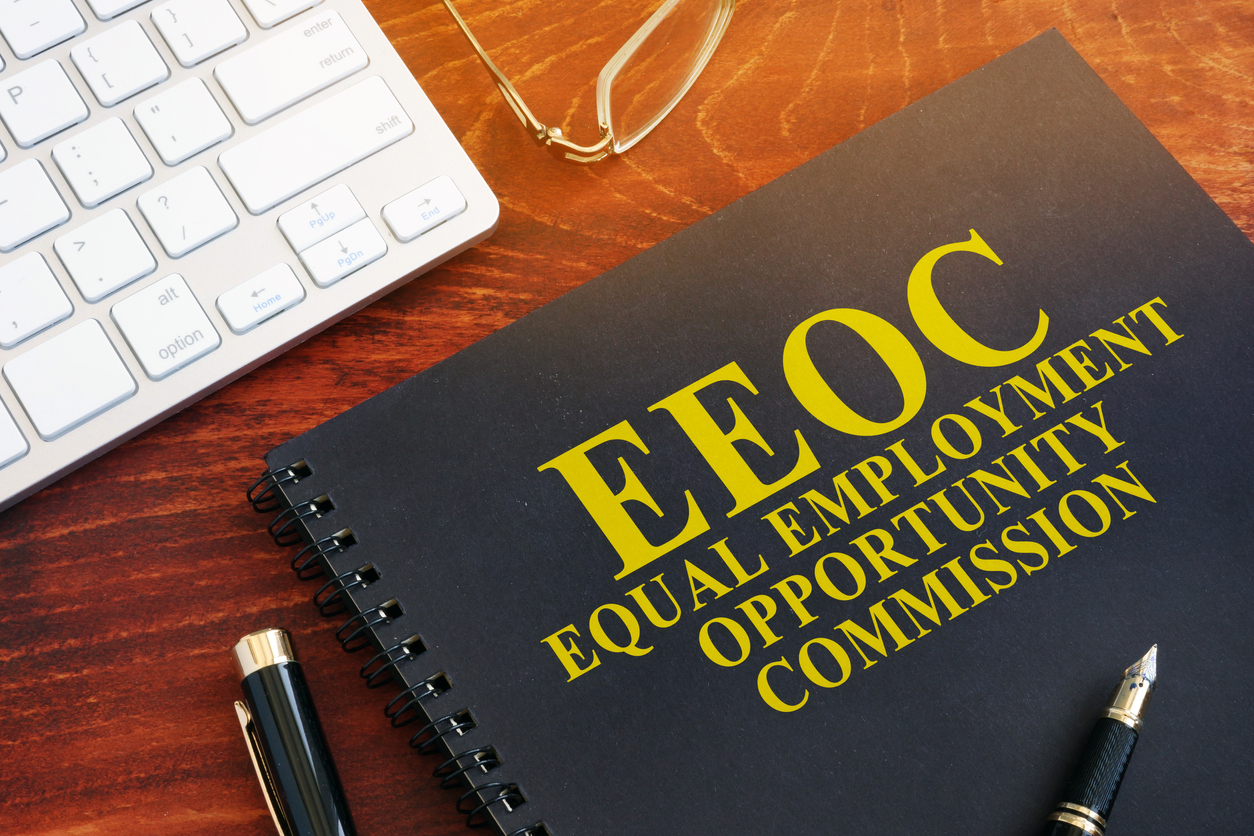
Federal law has governance over employers, restricting them from acting in a discriminatory manner against potential or current employees regarding gender, race, and age. Job discrimination is legally restricted in just about every industry. Employees must be hired, promoted, paid, and treated in means that comply with equal opportunity laws. Businesses must adhere to interacting with employees and applicants solely based on their work and skills on the premise of equal employment opportunity.
EEO is civil rights protection against job discrimination based on race, color, sex, religion, national origin, disability, age, genetic information, and other factors. The laws must be compiled in recruitment, interview process, background checks, hiring, compensation and benefits, working conditions, disciplinary actions, terminations, promotions, and leave.
Keep in mind that EEO laws will differ depending on the business, for instance, the number of employees your clients have. Note that EEO protection extends to employees partners’ or children’s race, color, sex, gender identity, sexual orientation, ethnicity, religion, disability, age, or genetic information as well.
EEO compliance also encompasses sexual harassment since it is classified as sex discrimination. EEO compliance is not only good business, it is common courtesy and common sense. The following steps will help your clients comply.
Address Biases
Some employment biases are far too common and widespread, such as employers paying women less than men, Black people less than white people, and Hispanic people less than white people. Other cases may include things like mandating a dress code or time-off policy that doesn’t fairly accommodate employees’ religious traditions or failing to address allegations of discrimination policies, as this implies that discrimination is not taken seriously.
Provide Accessibility Accommodations
The Americans with Disabilities Act is technically separate from EEO laws. However, it should still be the main component in EEO compliance. Disability is classified as a “physical or mental impairment that substantially limits one or more major life activities.” For example, if the use of stairs is needed to enter the workplace and there are applicants with mobility-related disabilities, employers must treat these applicants exactly as they would other applicants. Assuming those with disabilities will not be able to use the stairs is a discriminatory act. It may even be in your client’s best interest to install ramps or other accessibility structures.
Create an Affirmative Action Program
An affirmative action plan outlines the business’s plan of action to recruit employees from groups that are not typically considered dominant (straight, white, and/or male). For example, it is helpful to include statistical goals, for example, deciding that a certain percentage of the workforce be from nondominant groups. If your clients have a federal contract, there are government obligations to follow. Regardless of whether your clients are legally required to have affirmative action plans, it will act as a guide to abide by fairness.
Post Required Notices
Employers are legally required to post workplace notices explaining the rights that Title VII, the ADA, and the Genetic Information Nondiscrimination Act give employees. It is best to post these notices in high-traffic areas of the workplace to avoid any EEO violation. If an employee complains and there are no posted notices in appropriate areas, that will likely lead to a fine even if there are no other wrongdoings. EEO violations can happen very quickly, and the penalties are severe, which is why staffing liability insurance is vital for your client’s success.
File EEO Reports
Businesses with 100 employees or more are obligated to file an EEO-1 form annually, which goes over the racial, gender, and ethnic components of each sector of an employer’s workforce. It acts as a breakdown of the hard numbers to any given companies’ nondiscrimination practices. Even if your clients are not legally required to file the form, it is a helpful tool to examine EEO compliance and shine a light on things that may have otherwise gone unaddressed.
About World Wide Specialty Programs
For the last 50 years, World Wide Specialty Programs has dedicated itself to providing the optimal products and solutions for the staffing industry. As the only insurance firm to be an ASA commercial liability partner, we are committed to that partnership and committed to using our knowledge of the industry to provide staffing firms with the best possible coverage. For more information about Staffing Professional Liability Insurance or any other coverage, we have available to protect your staffing business, give us a call at (877) 256-0468 to speak with one of our representatives.


